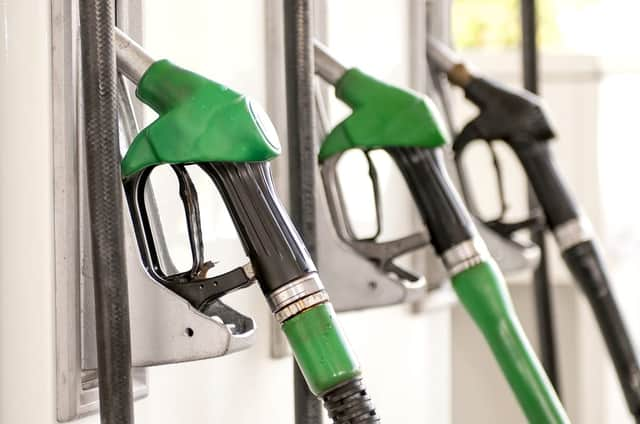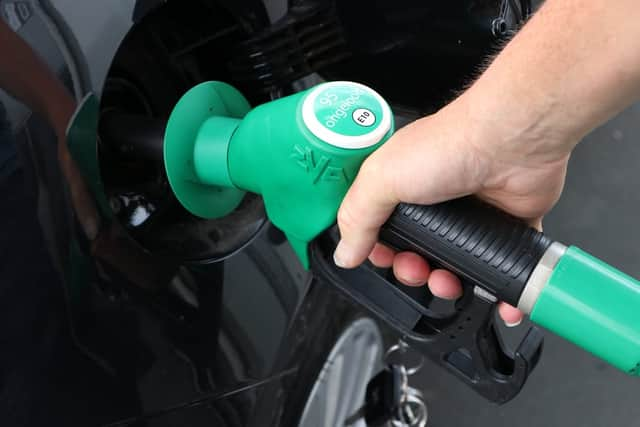Hundreds of thousands of cars at risk of damage from new petrol


Hundreds of thousands of cars could be at risk of damage from new petrol expected to be introduced by next year.
Earlier this year the Government launched a consultation into making E10 petrol the standard fuel in the UK from 2021 to cut pollution levels. However, experts are warning that the fuel is not suitable for classic cars and even some relatively modern vehicles.
Advertisement
Hide AdAdvertisement
Hide AdCurrent unleaded petrol in the UK is classified as E5 and contains five per cent bioethanol. E10 petrol contains 10 per cent ethanol, taken from sources such as sugar beet. Under the Department for Transport proposal, E10 would become the standard, with E5 only available as more-expensive, higher-octane super unleaded.
The Government wants to introduce E10 petrol to help cut the UK’s CO2 emissions. It is estimated that moving from E5 to E10 petrol could cut emissions by 750,000 tonnes a year - equivalent to removing 350,000 cars from the road.
Incompatible vehicles
Any car built since 2011 can run safely on E10, however, it is estimated that between 600,000 and 700,000 cars - classic and more modern models - are not compatible with E10 fuel. The DfT estimates that around 350,000 of these are in daily use.
Increasing the ethanol level in petrol poses two main risks to older cars. The first is that as a solvent, it can cause degradation of rubber and plastic components, such as hoses, seals, fuel lines and filters. It also absorbs water from the atmosphere, potentially leading to condensation and corrosion in fuel tanks, lines and other metal components.
Advertisement
Hide AdAdvertisement
Hide AdClassic car insurance brand Hagerty has warned that the change could cause significant damage to the fuel system and engine of older cars, with the RAC advising that the fuel isn’t suitable for any car built before 2002.
Hagerty has also warned that converting classic cars to run on E10 could cost “anywhere from hundreds to thousands of pounds” and is calling for information campaigns to begin as soon as possible if the fuel is to be introduced.


Hagerty UK editor James Mills said: “Hagerty calls on the Government and Petrol Retailers Association to accelerate information campaigns for drivers and riders. There may be extensive mechanical modifications required by some models, which can be a costly exercise – during an already challenging economic environment.”
Alongside classic cars, the European Automobile Manufacturers’ Association says that certain more recent models from many mainstream brands cannot use E10. Specific models from the likes of Mercedes, Ford, Toyota, Renault, Vauxhall and Volkswagen are incompatible, including some built as late as 2008.
Advertisement
Hide AdAdvertisement
Hide AdRAC fuel spokesman Simon Williams said: “Introducing E10 as the standard petrol will pose some challenges.
"Firstly, there could be as many as 600,000 vehicles on our roads that aren’t compatible with the fuel. Many of these are likely to be owned by those from lower income backgrounds and while it is welcome that E5 petrol is not being phased out altogether, owners of these vehicles will face higher fuel costs – and will also have to hunt out those forecourts that still sell E5.
"It is also vital that owners of affected vehicles are aware of the changes. We’d like to see the DVLA writing to these owners to inform them that E5 will no longer be the standard premium grade, and to let them know their options."